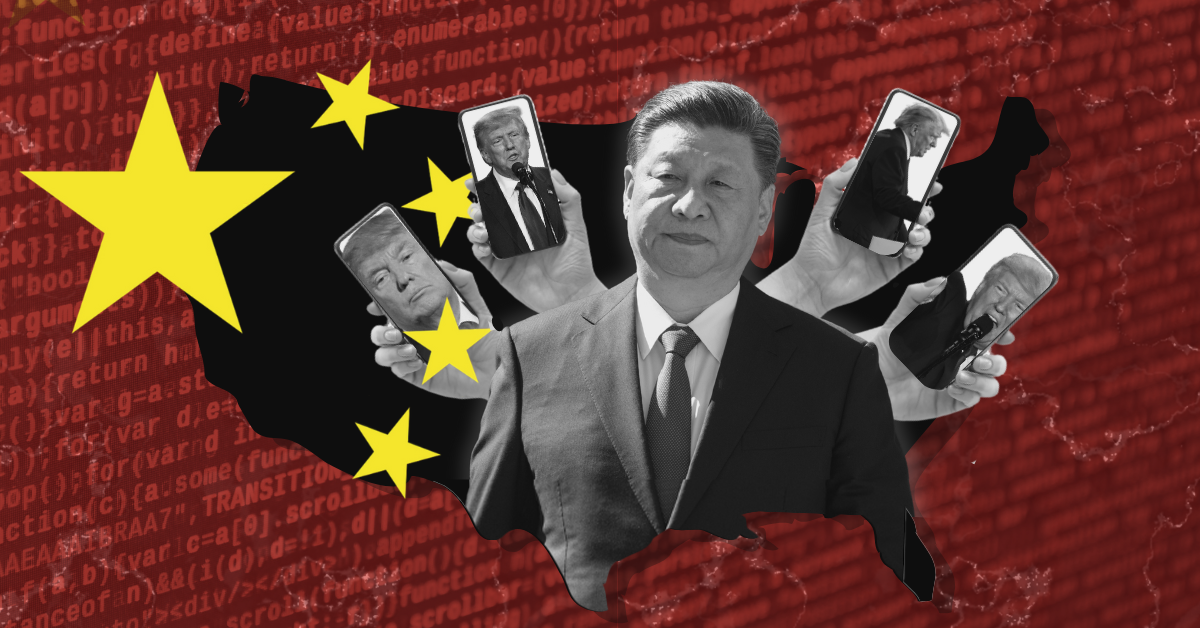Infiltration operations: How 4chan sought to compromise the Black Lives Matter protests
22nd October, 2020
By Jacob Davey
As the Black Lives Matter protests spread across the United States in early June, BLM activists began to coordinate activities over the encrypted messaging app Telegram. But troll groups on 4chan quickly picked up on their efforts and staged a series of online raids against the activists, ultimately undermining their ability to organise.
_________________________________________________________________________
When did this happen?
In early June, ethnographic researchers in ISD’s Digital Analysis Unit identified a series of threads on 4chan’s ‘politically incorrect’ discussion board – a haven for white supremacist trolls. These discussions directed users to a number of public Telegram channels that BLM activists were using to organise their activities. The conversation threads revealed an international cohort of trolls swiftly coalescing to discuss various tactics for disrupting these channels.
What did they do?
Tactics shared by trolls included making false police reports to prompt investigation into activists; sharing advice on how to harvest data from BLM discussions (with the aim of identifying activists for later harassment); and trading tips on how to disrupt BLM channels through spamming with racist, transphobic and antisemetic memes. Soon, far-right accounts on other platforms including Twitter began to spread links to these channels organising anti-BLM activities.
Why did this happen?
4Chan trolls designed their activities to disrupt BLM activism by forcing its activists to create new channels. Their intent was to break the large chat group channels into smaller, more diffuse conversations, thereby impeding BLM’s ability to organise centrally. Similarly, they made BLM members aware that the far-right was monitoring them so they would become reluctant to share information on existing channels.
ISD researchers saw this activity play out – almost in real time – in the BLM activists’ public conversation threads. Racist trolls spammed aggressive and offensive content. They posed as left-wing activists and started conversations ranging from the trivial to the absurd, designed to distract and confuse. They also set up spoof channels purporting to be BLM activist networks, but which actually functioned as hubs for spreading memes that mimicked BLM content while subtly (and not so subtly) undermining the movement.
The infiltration appeared to have the desired effect. BLM activists began to second guess their group peers, and moderators were eventually forced to shut down a number of the compromised chat channels.

Screenshot of 4chan thread discussing raids on BLM channels
So what?
This case is just one example of the many ways in which loose networks of semi-organised far-right trolls are able to counter activities they oppose. It also highlights the risks inherent in semi-public organising in online spaces. Telegram was originally built to support activists living under authoritarian regimes and it has recently been used to organise anti-government protests in Belarus. But in recent years it has also become a crucial space in which white supremacist communities organise. Channels like Telegram – which combine the private and public – now force users to accept a trade-off between accessibility and privacy. Activists of all political persuasions must now ask themselves a simple question: who is watching?
Jacob Davey is a Senior Research Manager at ISD, leading research into the far-right. His research focuses on the role of digital communications in inter-communal conflict, internet culture, online hate speech and the international far-right. You can find him tweeting at @jacob_p_davey.
This October marks Black History Month in the U.K., a time to recognise and celebrate the contributions and achievements made by people with African and Caribbean heritage to British history, society and culture. In light of a turbulent year where the death of George Floyd and Black Lives Matter protests across the world have brought systemic racism to the very forefront of the public eye, Black History Month is more important than ever if we are to confront and learn from the past.
You can find resources with more information about Black History Month on the official website, and more wide ranging resources about Black history, systemic racism and the Black Lives Matter movement here.



